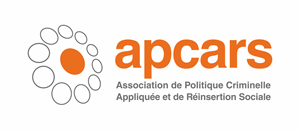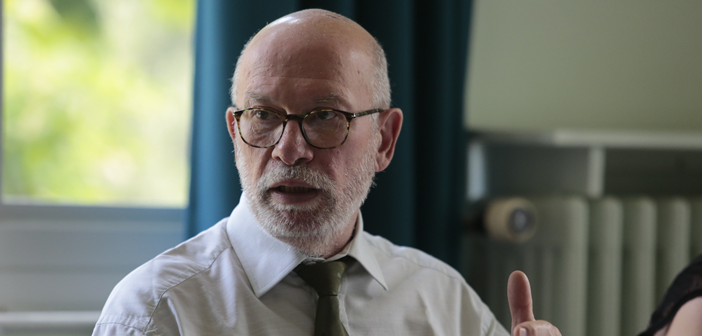By a dialog between the offender(s) and victim(s) in which the civil society participates, restorative justice contributes to awareness of the offense consequences, and each individual’s reconstruction and regaining of harmony.
Restorative Justice has recently received much interest in many different parts of the world, but it is neither new nor exclusive to the current Penal Justice System. Most of its proposed measures are in fact ancestral practices in solving conflicts. Given today’s concern with the guarantee of the respect of human rights and the fundamental principles of criminal law, they take on specific forms at all stages of the penal procedure: pretrial, during and after the sentence implementation.
As opposed to many neighbor countries, France has timidly introduced measures through innovative legislation (penal mediation, penal reparation with respect to minors) or promising pilot projects (and namely, Victim-Offender mediation in closed or open environments; Support and Responsibility Groups; Family Group mediation). All types of disputes, however serious, can profit from this complementary penal justice/restorative justice: namely, road-related violence, property damage, interpersonal violence.
Many definitions of Restorative Justice exist. They show the creativity with which this approach can render justice in another manner.
The American criminologist, Howard Zehr, gives a most telling definition: Restorative justice “is a process whereby all the parties with a stake in a particular offense come together to resolve collectively how to deal with the responsibilities, needs, and obligations for the purpose of repairing damages and re-establishing social harmony as best as possible.”
In concrete terms, restorative justice consists of a long preliminary individual preparation for each participant, and then a sequence of meetings between the offender (or group of offenders), victim (or group of victims), possibly accompanied by close family members. During these encounters, the participants talk about the reasons for the offense, repercussions, and possible solutions, assisted by a discussion moderator who is trained in their role.
Sometimes an agreement is reached. In other cases, the objective will consist of seeking a mutual understanding between the offender and victim.
In a broad sense, scientific evaluations underline real benefits achieved for persons (victims, offenders) having participated in one or another of restorative measures, with typically positive effects felt by their close family members. In the same way, penal justice professionals acknowledge the significant contribution gained on a daily basis from these approaches that rely on the assuming of responsibility and the “power to act” for the offenders and victims.
The collaboration recently implemented by APCARS and IFJR thus constitutes a unique initiative in our country.
Through its activities concerning offenders (mediation, judicial control, social reintegration of convicted persons, etc.) as well as victims (victim support service), APCARS proposes to become a place of practicing, coordination, and evaluation of restorative justice in Ile-de-France. The IFJR, having participated in the development of this project, will ensure its follow-up and evaluation.
In addition, several other sectors will be involved and trained in restorative justice, namely prison administration professionals.
The penal judge cannot – and undoubtedly should not – “solve” everything. Nonetheless, it seems essential to give meaning to the work done by Justice in terms of direct consequences (responsibility and punishment of the perpetrator; global reparation for the victim and close family); and/or the many far-off but real repercussions (namely in the personal, family, educational, social, and cultural domains).
It is not utopic to think that a rational action – complementary, concerted, and professionalized – might be undertaken to find original solutions, by the concerned persons themselves, at least for the repercussions of the crime. But such a rational action, capable of tapping on knowledge of what is probable to make happen the possible (Pierre Bourdieu), presumes stable means in terms of competent staff and minimal financial resources.
The scientifically evaluated promises of restorative justice strongly converge in this sense, by relying on the competencies of both the APCARS professionals and IFJR expertise


